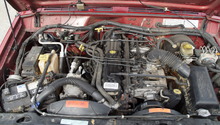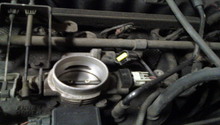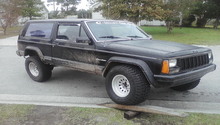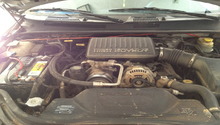Jeep Cherokee 1984-2001: Why Does My Car Die After it Starts?
Regardless of your issue, the solution to your starting and/or dying issues with your Jeep will be found within this article.
This article applies to the Jeep Cherokee XJ (1984-2001).
Starting and dying issues can come from a range of problem areas. A weak battery may lead to difficulty starting and sustaining the momentum to keep the car running. Wonky starter wiring could wreck havoc on the electrical system, and the same goes for any sort of immobilizer system. If your engine control unit (ECU) is bricked, you might experience a bunch of issues. Obviously on the mechanical side of things, your engine needs air, fuel and spark to run, so if any of those components are missing, the whole process fails to occur. If you're unsure which one may be plaguing you, then read on and get ready for some troubleshooting.

Materials Needed
- Adjustable wrench
- Battery charger
- Voltmeter
- Throttle body cleaner
- Wire brush
Step 1 – Check your alarm system
Jeep Cherokees have a common issue with the alarm system that can cause your engine to shut off just a few seconds after you start it. If your dash displays the message "no bus," this is likely the source of your problem. You can simply stop using the keyless remote to fix the problem in the short term, but you can also try and correct the issue yourself. To reset the alarm system, disconnect the battery for a few minutes. Reconnect it and go back to the rear hatch, insert the key in the lock and turn it to the left. Next, turn the key in the driver's side door lock.
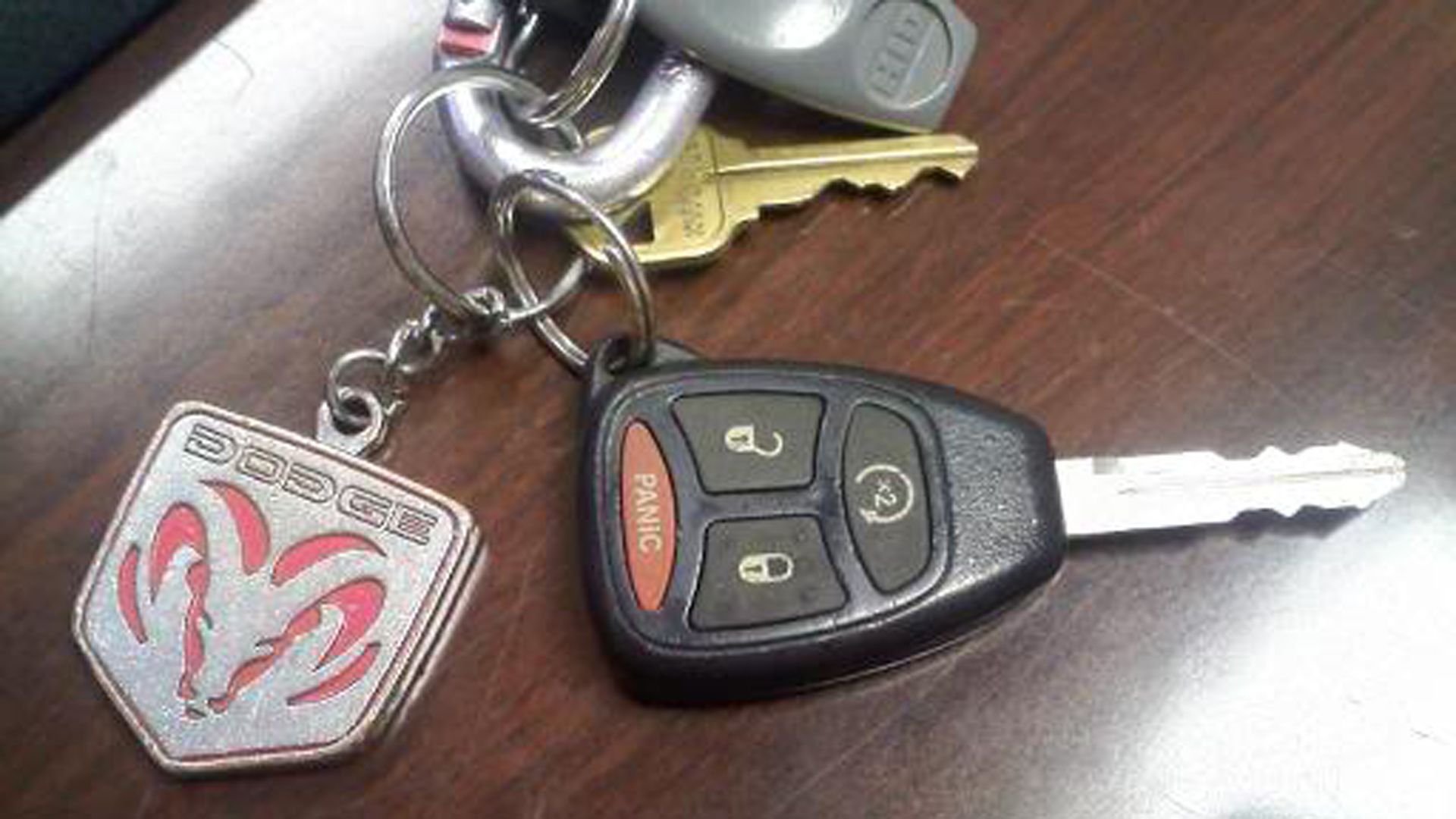
Step 2 – Check your battery
A battery that has enough juice to start your car may not necessarily have enough to keep it running. Make sure it's fully charged and holding a charge; also, inspect the terminals. If they have built up corrosion, clean them with a wire brush. Check the condition of your battery cables. If they are frayed or visibly worn and damaged, replacing them is always a good idea.
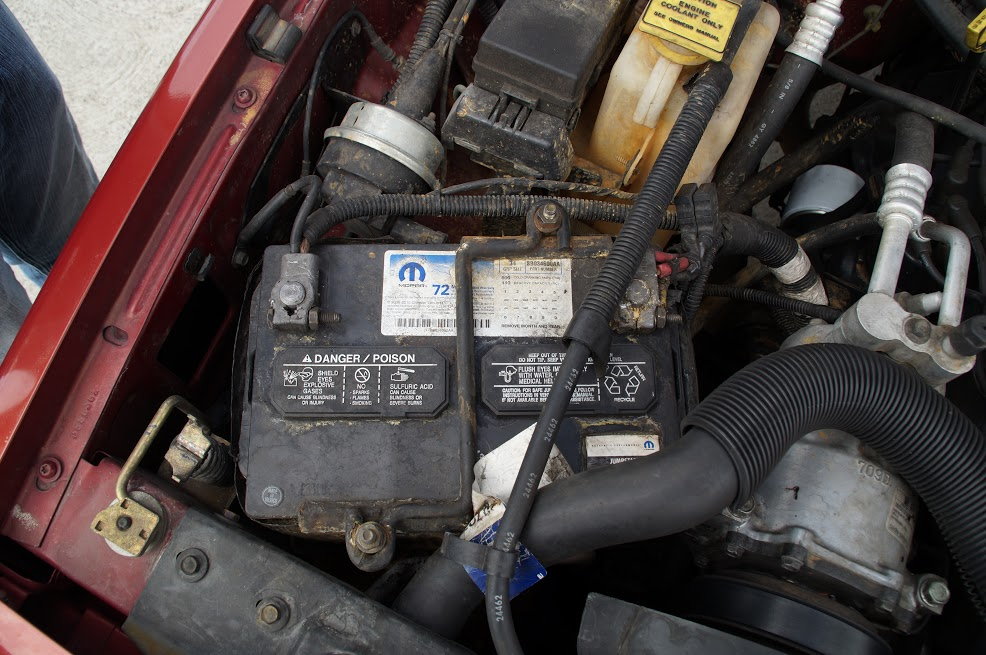
Step 3 – Check your ECU
Some Cherokee owners who have had this issue report that swapping out the ECU (engine control unit) has corrected their problem. The ECU is part of your on-board computer that regulates many of your car's systems. Some other symptoms of a bad ECU include a check engine light that never goes off, poor performance or fuel economy, and sudden jerking or stopping.
ECUs generally have to be tested by a professional shop or dealership that has the diagnostic equipment needed to test your specific vehicle. The diagnostic testing alone will cost around $150 to complete.
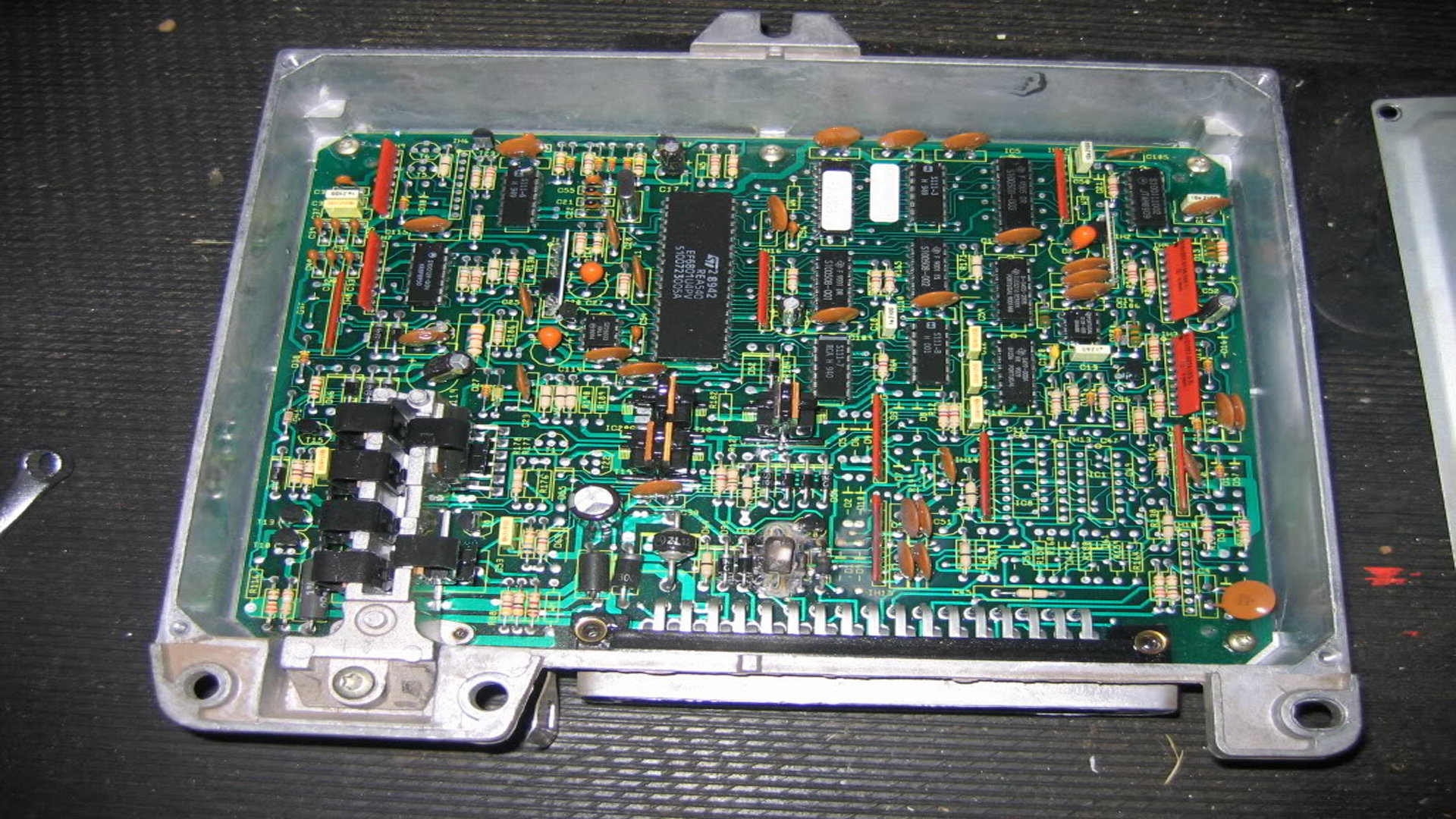
Step 4 – Check your fuel and air delivery systems
If your problem isn't electrical, there are a few things to check in your fuel delivery system that could cause your Jeep to shut down after starting. The idle air control, located on the back of the throttle body, can get dirty from carbon buildup over time, which can restrict air flow and lower idle speed. These can be cleaned with throttle body cleaner. Cleaning the throttle body is a good idea as well.
The throttle position sensor, located on the throttle shaft on the throttle body, determines how much fuel the engine needs. To test it, hook up a voltmeter, then open and close the throttle. The voltage should move smoothly with the motion of the throttle. Any abrupt or inconsistent movement means a bad sensor.

Related Discussions
- Jeep Starts Then Dies! Need Help! - CherokeeForum.com
- Jeep Starts Then Dies - CherokeeForum.com
- Jeep Starts Then Dies Immediately After - CherokeeForum.com



